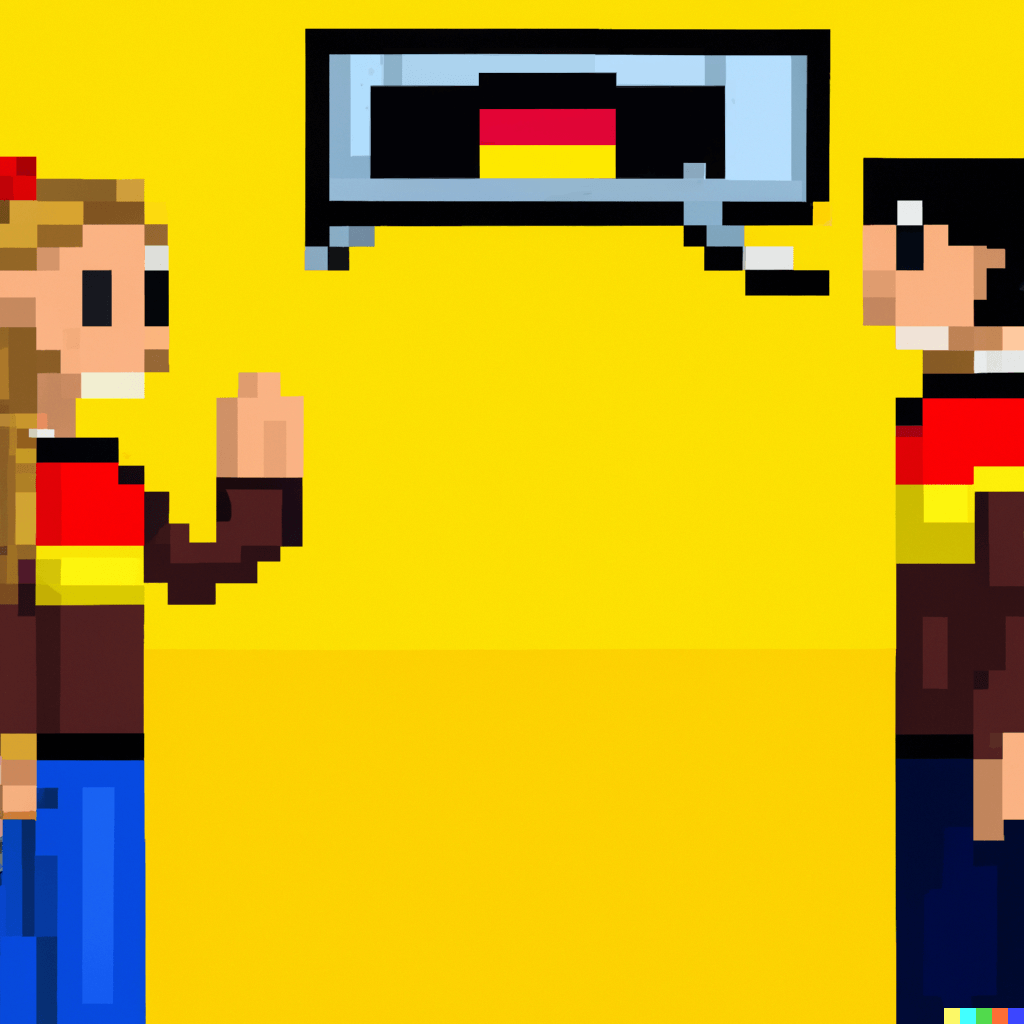German Articles: Der, Die, Das
German articles change depending on the case, gender, and number - and while this might seem overwhelming at first, understanding the pattern is your key to German fluency.
Unlike English, which uses "the" for everything, German has a rich system of articles that provide crucial information about the role each noun plays in a sentence.
Why German Articles Matter
German articles aren't just grammar rules to memorize - they're the backbone of clear communication. They tell you whether someone is the subject doing an action (Nominative), the object receiving an action (Accusative), or involved in an indirect relationship (Dative or Genitive). Master the articles, and you'll find German sentences suddenly make much more sense!
The Complete German Articles Table
Here's your complete reference guide. Click on any cell to jump to detailed examples and explanations:
| Case | Masculine | Feminine | Neuter | Plural |
|---|---|---|---|---|
| Nominative | der | die | das | die |
| Accusative | den | die | das | die |
| Dative | dem | der | dem | den |
| Genitive | des | der | des | der |
Detailed Examples and Explanations
Nominative Masculine der
Der Mann liest ein Buch📢.
The man reads a book.
The man is the subject (who is reading), so we use der for masculine nouns in nominative case.
Nominative Feminine die
Die Frau kocht Abendessen📢.
The woman cooks dinner.
The woman is the subject (who is cooking), so we use die for feminine nouns in nominative case.
Nominative Neuter das
Das Kind spielt im Garten📢.
The child plays in the garden.
The child is the subject (who is playing), so we use das for neuter nouns in nominative case.
Nominative Plural die
Die Kinder spielen zusammen📢.
The children play together.
The children are the subject (who are playing), so we use die for all plural nouns in nominative case.
Accusative Masculine den
Ich sehe den Mann📢.
I see the man.
The man is the direct object (what I see), so we use den for masculine nouns in accusative case.
Accusative Feminine die
Ich kenne die Frau📢.
I know the woman.
The woman is the direct object (whom I know), and feminine articles stay die in accusative case.
Accusative Neuter das
Wir kaufen das Auto📢.
We buy the car.
The car is the direct object (what we buy), and neuter articles stay das in accusative case.
Accusative Plural die
Sie liest die Bücher📢.
She reads the books.
The books are the direct object (what she reads), and plural articles stay die in accusative case.
Dative Masculine dem
Ich helfe dem Mann📢.
I help the man.
The man is the indirect object (to whom I give help), so we use dem for masculine nouns in dative case.
Dative Feminine der
Er gibt der Frau Blumen📢.
He gives the woman flowers.
The woman is the indirect object (to whom flowers are given), so we use der for feminine nouns in dative case.
Dative Neuter dem
Das Spielzeug gehört dem Kind📢.
The toy belongs to the child.
The child is the indirect object (to whom the toy belongs), so we use dem for neuter nouns in dative case.
Dative Plural den
Wir danken den Lehrer/innen📢.
We thank the teachers.
The teachers are the indirect object (to whom we give thanks), so we use den for all plural nouns in dative case.
Genitive Masculine des
Das Auto des Mannes ist rot📢.
The man's car is red.
Shows possession (the man's car), so we use des for masculine nouns in genitive case. Note: the noun often adds -s or -es.
Genitive Feminine der
Die Tasche der Frau ist schön📢.
The woman's bag is beautiful.
Shows possession (the woman's bag), so we use der for feminine nouns in genitive case.
Genitive Neuter des
Die Farbe des Hauses gefällt mir📢.
I like the color of the house.
Shows possession/relationship (of the house), so we use des for neuter nouns in genitive case. Note: the noun often adds -s or -es.
Genitive Plural der
Die Stimmen der Kinder sind laut📢.
The children's voices are loud.
Shows possession (the children's voices), so we use der for all plural nouns in genitive case.
Quick Memory Tips
• Accusative masculine is the only one that changes dramatically: der → den
• Feminine and neuter articles stay the same in nominative and accusative
• Dative is easy to remember: dem-der-dem-den (sounds rhythmic!)
• Genitive uses des-der-des-der (masculine and neuter get "des")
Practice with these examples, and soon you'll be using German articles naturally. Remember, every native speaker had to learn these patterns too - with consistent practice, they'll become second nature!
Read German stories
with instant translations and pronunciations
Get a weekly dose of German for free!

• Low effort
• Fun
• Real-life texts


